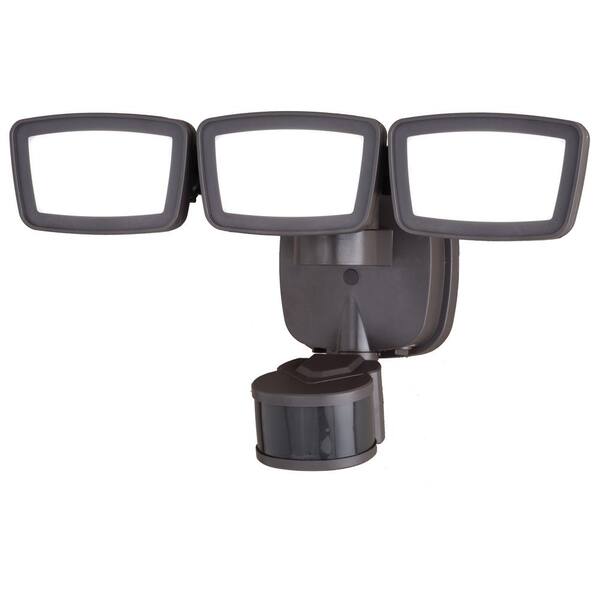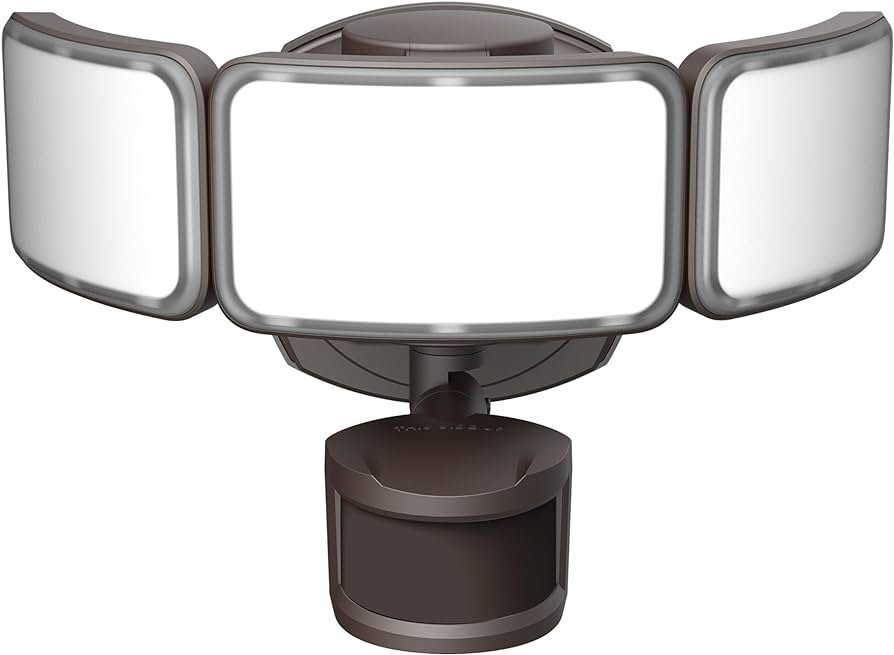The best time of the day to walk for weight loss is either early in the morning or late in the afternoon. These times harness the body’s metabolic rhythms for optimal fat burning.
Walking for weight loss is more effective when you align it with your body’s natural energy fluctuations. Early morning walks can jumpstart your metabolism, helping you burn more calories throughout the day. This time promotes consistency and fewer distractions, setting a positive, proactive tone.
On the other hand, late afternoon or early evening walks may tap into energy reserves, igniting higher calorie expenditure due to the body’s elevated temperature. Everyone’s schedule and energy levels differ, so choosing a time that fits your routine is crucial for maintaining a regular walking regimen. Committing to a specific time can also influence your sleep patterns and dietary choices positively, both of which play a significant role in weight management. Selecting the right time for your walks can lead to sustained weight loss and improved overall health.
Introduction To Walking For Weight Loss
Walking is a simple and effective exercise that can help you lose weight. It’s easy to start and can fit into most lifestyles.
Regular walks can promote heart health, increase endurance, and reduce stress. If you want to shed pounds, walking could be your new best friend!
Benefits Of Regular Walks
- Burns calories: Helps with weight management.
- Builds muscle: Tones your legs and core.
- Enhances mood: Releases feel-good hormones.
- Boosts energy: Increases oxygen flow.
- Improves sleep: Promotes better sleep patterns.
Impact Of Timing On Weight Loss
The time of day you walk can affect how you lose weight. Morning walks may boost metabolism which helps burn more calories.
An evening walk might relax you and help with better sleep. Good sleep is linked to weight loss. Find a time that fits your schedule and stick to it!

Credit: www.amazon.com
Morning Glory: Walking At Dawn
Morning Glory: Walking at Dawn offers an invigorating start to the day for those looking to shed some pounds. This serene time, when the world still slumbers under a veil of twilight, presents a unique opportunity. The air, fresh and untainted by the day’s hustle, provides the perfect backdrop for a weight loss journey. Let’s dig into why greeting the day with a walk can set a positive tone for your metabolism and mental health, while considering the practicalities of early morning exercise.
Kickstarting Metabolism
At dawn, the body’s metabolic rate naturally increases, a wonder known as the circadian rhythm. Embarking on a morning walk takes advantage of this physiological uptick. The benefits include:
- Enhanced Calorie Burning: Walking early boosts calorie burn, as the body taps into reserve energy stores.
- Improved Insulin Sensitivity: This can help manage blood sugar levels, vital for sustained weight loss.
Psychological Benefits Of A Morning Routine
Adopting a morning walk routine can yield important psychological perks:
- Boosts Mood: Early exposure to sunlight increases serotonin, uplifting the mood.
- Encourages Consistency: A scheduled morning walk sets a healthy tone, reinforcing a habit.
- Provides Quiet Time: Walking at dawn offers a peaceful moment for reflection and planning.
Challenges Of Early Morning Walks
Though beneficial, walking at dawn isn’t without challenges. These include:
| Challenge | Tips to Overcome |
|---|---|
| Darkness | Wear reflective gear and use a flashlight. |
| Colder Temperatures | Dress in layers to adjust as you warm up. |
| Sleep Inertia | Develop a consistent sleep schedule. |
The Twilight Trek: Walking At Dusk
Embrace the serenity of The Twilight Trek: Walking at Dusk to shed those extra pounds. There’s something magical about closing your day with a leisurely walk as the sun sets.
Winding Down The Day
Evening walks work wonders for stress relief. After a hectic day, they offer:
- Peaceful solitude or quality time with companions.
- A chance to reflect and unwind.
They also reduce the urge for late-night snacking.
Pros And Cons Of Evening Exercise
Walking at dusk has both upsides and downsides:
| Pros | Cons |
|---|---|
| Cooler temperatures | Potential safety concerns |
| Less crowded paths | Limited visibility |
| Boosted metabolism | Disrupted sleep for some |
Dusk Walks And Sleep Patterns
Evening walks can influence sleep. Keep a few points in mind:
- Maintain a moderate pace to avoid overstimulation.
- Walking in dim light helps prepare your body for rest.
- Consistency is key – establish a routine for the best results.
Enjoy a tranquil end to your day, and watch the weight melt away with each step.

Credit: www.homedepot.com
Scientific Insights: Timing And Calorie Burn
Discover how the right moment could improve weight loss.
The science of weight loss is fascinating. Your body’s reaction to exercise can depend on the time of day. Studies suggest there’s an optimal time to walk for fat loss.
Studies On Exercise Timing
Recent research has put exercise timing under the spotlight.
Key findings include:
- Morning exercise might enhance metabolism.
- Evening workouts may be more efficient for energy usage.
One study compared morning and evening exercise effects on 24-hour fat burn. The evening group showed a subtle edge in calorie burn post-workout.
Body Clock And Burn Rates
Your body clock, or circadian rhythm, influences calorie burn.
In the morning, your body may be primed to burn fat:
- Insulin sensitivity is higher.
- Cells can convert fat to energy better.
Evening walks benefit from:
- Peak muscle flexibility.
- Increased strength and endurance.
Realigning walking habits with your body’s natural clock may boost your weight loss goals.
Practical Considerations For Your Walk
Planning the perfect time for a walk to shed those extra pounds requires more than just setting an alarm. You must consider various practical factors that influence both your safety and your ability to stick with the routine. Below, we delve into significant elements that warrant your attention.
Weather And Safety
Your safety comes first. Choose a time of day when the weather is mild and visibility is high. Early mornings or evenings often provide cooler temperatures during summers, while midday might be preferable in colder months. Always check the weather forecast to stay prepared.
- Wear reflective clothing if walking in the dark.
- Carry water to stay hydrated.
- Apply sunscreen even on cloudy days.
Family, Work, And Social Life
Balance is key. Juggling family responsibilities, work commitments, and social engagements can be tricky. Pick a time that causes the least disruption to your daily schedule. Maybe it’s early morning before the household wakes up, or during your lunch break at work.
| Time Slot | Benefits |
|---|---|
| Morning | Quiet time; energizes for the day |
| Lunch Break | Active rest; recharges the mind |
| Evening | Relaxes after a busy day; aids digestion |
Consistency And Habit Formation
Ultimately, consistent habits bring results. Choose a walking time you can maintain daily. Your body loves routines – consistent timing helps regulate your internal clock. Stickiness to a routine is easier when the time is convenient for you. This leads to long-term success.
- Set a daily reminder to keep you on track.
- Track your walks with an app for motivation.
- Partner with a friend for added accountability.
Making The Decision: Personal Preferences And Goals
Finding the perfect time to walk for weight loss ties closely to your daily schedule and personal goals. Some love the fresh start morning provides, while others prefer the calm of an evening stroll. Overall wellness goals also play a pivotal role. Do you aim for high energy levels throughout the day or a peaceful sleep at night? Tailoring your walking routine to align with your lifestyle ensures you stick with it, and enjoy the journey towards a healthier you.
Matching Your Lifestyle With Walking Time
- Early risers might harness the quiet of dawn to boost metabolism.
- Night owls could find an after-dinner walk helps with digestion.
- Busy bees can squeeze in short walks during breaks for a quick energy lift.
Fitting a walk into your day should feel natural, not forced. It helps you stay consistent.
Adapting The Walking Regime As Needed
Your walking routine isn’t set in stone. Life changes, and so can your exercise habits. If work hours shift or family commitments evolve, tweak your walking schedule. The goal is to maintain regular physical activity. It’s okay to mix morning walks with lunchtime strides or evening jaunts.
Listening To Your Body: Signs To Switch Timing
Your body sends signals when it prefers a different walking time. Pay attention to your energy levels and mood post-walk. If you’re feeling drained instead of invigorated, consider a different time slot. Also look for:
- Sleep quality: A brisk walk could either promote restful sleep or leave you too energized.
- Hunger levels: Are walks before meals leading to overeating? Try a post-meal stroll.
- Motivation: If you consistently skip walks, a different time of day may boost your enthusiasm.
Stay flexible and let your body’s response guide your schedule adjustment.

Credit: www.homedepot.com
Frequently Asked Questions Of Best Time Of The Day To Walk To Lose Weight
Is It Better To Walk In The Morning Or Evening To Lose Weight?
Walking either in the morning or evening can aid in weight loss; choose the time that suits your schedule and energy levels best. Consistency is key for results.
Can I Lose Weight By Walking 30 Minutes Everyday?
Yes, walking for 30 minutes every day can contribute to weight loss as part of a calorie-controlled diet and overall active lifestyle. Regular walking boosts metabolism and burns calories, aiding in weight management.
How Long Should You Walk A Day To Lose Weight?
Aim for a daily walk of 30 minutes to support weight loss. Gradually increase intensity or duration for further benefits.
Can Walking Reduce Belly Fat?
Yes, walking can help reduce belly fat when combined with a healthy diet. It’s a low-impact exercise that burns calories and promotes weight loss.
Conclusion
Finding your perfect walking schedule can boost weight loss and enhance well-being. Morning walks may ignite metabolism, while evening strolls could soothe stress. Consistency is the true key. Start lacing those sneakers and experiment to discover your ideal time—your body and scale will thank you!



